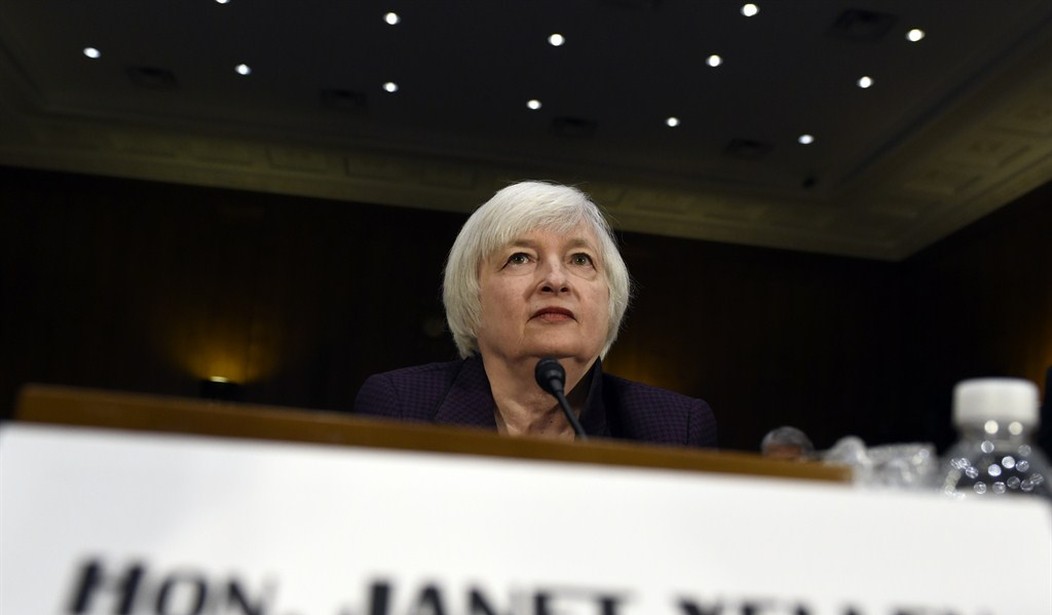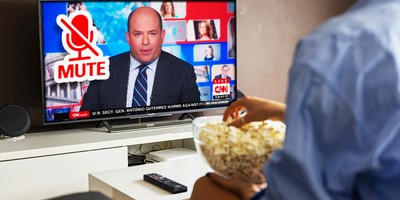The job market has improved, but only momentarily, and it won’t force the Federal Reserve to raise interest rates in June. That should keep a lid on rates banks charge for consumer loans and mortgages.
By historic standards, jobs creation is not that strong.
Unemployment hit 10 percent in October 2009, and the recent recovery has added 11.4 million jobs—an increase of 8.8 percent of the total employed at the bottom of the recession.
Prior to the financial crisis, unemployment last pierced 10 percent during the Reagan presidency. Then GDP proceeded to grow 4.7 percent annually and employment increased by 17.4 percent over the period comparable to the current recovery.
Ever wonder how politicians make their money in the stock markets? I can help you unlock that secret. Studies show that members of Congress and their staff enjoy HUGE benefits over average investors when it comes to the stock market. Get your FREE report from me, John Ransom, on how to make money on what insiders know right here: http://www.FreeRansomReport.com
Importantly, wages have not picked up. Year over year, those are up 2 percent and factoring in productivity growth, that is not enough to push inflation above the Fed’s 2 percent target until oil prices recover.
Part of the wage problem is that a strong dollar, imports from China and a tougher regulatory environment have biased the recovery away from manufacturing, banking and finance. Now the global bust in oil prices is spurring layoffs in the oil patch.
Restaurants, retailing and other service activities are adding many of the new jobs, and those pay much lower wages. Even with a surge in pay for less skilled workers at businesses like Starbucks and Walmart, wage growth among service activities is not likely to power much of a boost in economy-wide pay.
Recommended
Also, as entry wages rise in service activities, many of the 13 million men between the ages of 25 and 64 who have been standing on the sidelines—neither employed nor actively looking for a job—may find taking those jobs more attractive. That would limit wage gains for entry level positions.
Many of those men lack a college degree, have an unfavorable mark on their history—like a firing or a tumble with the law—or have been without a job so long that employers rebuke their otherwise qualified applications.
With the labor market tightening, employers may be ready to take a second look.
Columbus Castings in Ohio recently added 175 workers in a region with less than 4 percent unemployment. Yet, the company has avoided boosting wages much by considering applicants with criminal records and the long-term unemployed.
More importantly, jobs creation tends to lag economic growth, and robust job gains in recent months have been propelled by the strong growth in the second and third quarters of 2014, when GDP advanced nearly 5 percent.
In more recent months, GDP growth appears to have averaged about 2 percent and will likely accelerate moderately to 2.5 to 3 percent the balance of this year.
Since November, the economy has been adding jobs at a 2.8 percent annual clip; therefore going forward, either the economy experiences virtually no productivity growth or jobs creation must slow. According to forecasters at Wells Fargo and Action Economics, monthly jobs growth will slow to about 215,000 by this summer from the 295,000 scored in February.
The slowdown in oil notwithstanding, accelerating investment by America’s larger companies is expected to drive the moderate growth the economy enjoys. For example, Bank of America is modernizing information technology functions to exploit labor saving opportunities in cloud computing, and Dollar Tree is investing heavily to improve logistics and distribution. Along with increased spending among businesses as diverse as Macy’s, Harris Corporation and Campbell Soup, those have to drive up productivity, and limit new hiring and inflation.
When the Federal Reserve’s policymaking committee meets March 17 and 18, it may signal the possibility for a June increase for the federal funds rate—the overnight rate banks pay each other to borrow cash. However, when June comes, the Fed will have many good reasons to postpone action until later in the summer or the fall.
Peter Morici is an economist and professor at the University of Maryland and a national columnist. He tweets @pmorici1
























Join the conversation as a VIP Member